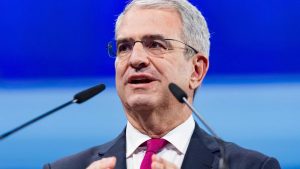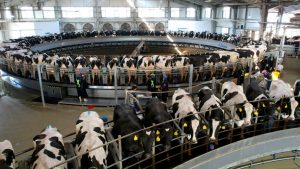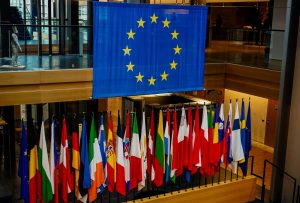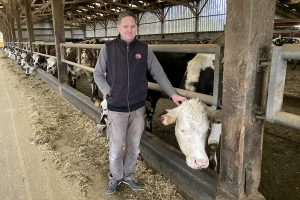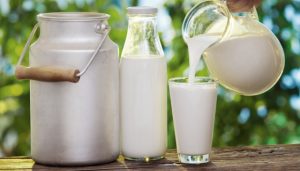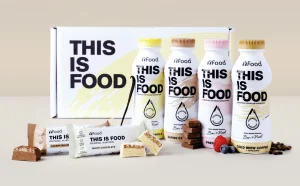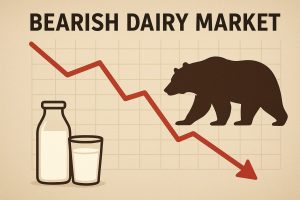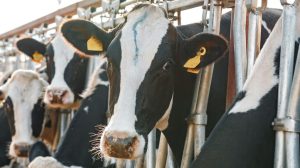
Russia’s invasion of Ukraine will have serious knock-on effects that could be “painful” for Europe’s farmers and the broader food system, a senior EU official warned in the European Parliament on Monday.
The EU’s heavily subsidized farming system is an exporting powerhouse, but livelihoods could be threatened because much of the EU’s meat and dairy industry relies on imported feed crops from Ukraine, and the bloc is also hooked on Russian gas and fertilizers.
“The consequences of this Russian aggression will have a major impact on our agri-food sector and it will be painful. But we have to suffer that pain,” Michael Scannell, the second most senior civil servant at the Commission’s agriculture department, told MEPs on the farm committee.
Russia and Ukraine jointly account for more than 30 percent of the world’s trade in wheat and barley, 17 percent of corn and over 50 percent of sunflower oil, seeds and cakes for feeding animals — but all Ukrainian exports from the major trade route via the Black Sea ports have stopped because of the war, Scannell said.
“That trade has now been essentially entirely frozen,” Scannell said. “There are no ship movements in or out of these ports. Moreover, the expectation is that that situation will not change for the very obvious reason that there’s a war in progress.”
If Ukraine’s farmers are unable to plant crops like corn for harvesting in the summer, then it could push the crisis into the medium term, the EU official warned.
Many MEPs stressed the need to strengthen internal food security, given that EU food production is heavily dependent on imported fertilizers, natural gas and animal feed. “In all these areas, the Commission is orientated to addressing these weaknesses,” Scannell told lawmakers.
Italian European People’s Party MEP Herbert Dorfmann said that Ukraine was one of the EU’s main sources of non-GMO soybeans, which are also key for feeding animals. When it comes to trading with Russia, the EU farming system will have to take the hit, Dorfmann suggested, saying: “You can’t trade with pariah states.”
“With Russia, trade will collapse, but we haven’t caused this,” Dorfmann added.
German Green MEP Martin Häusling suggested the EU should use the Ukraine trade disruption to change its animal-centric agricultural model, asking: “Can we afford to feed 70 percent of our cereals to pigs and poultry? We have to think about building up a sustainable agricultural system.”
Agri-food trade with Russia has already massively slumped in recent years after Moscow imposed an embargo on many EU foodstuffs in response to sanctions the EU slapped on Russia after its annexation of Crimea in 2014.
Despite the embargo, Russia remains Europe’s sixth-largest trade partner in terms of value when it comes to buying EU agri-food goods. But the EU’s fresh sanctions on Russia will likely disrupt EU exports of luxury foodstuffs, like wines, spirits and chocolates, and disincentivize Russia from doing trade of any kind, Scannell said.
Nonetheless, the top official appeared to play down fears of food shortages, describing the EU’s agri-food system as “hugely resilient and powerful,” and that it had proven as much during the pandemic.




